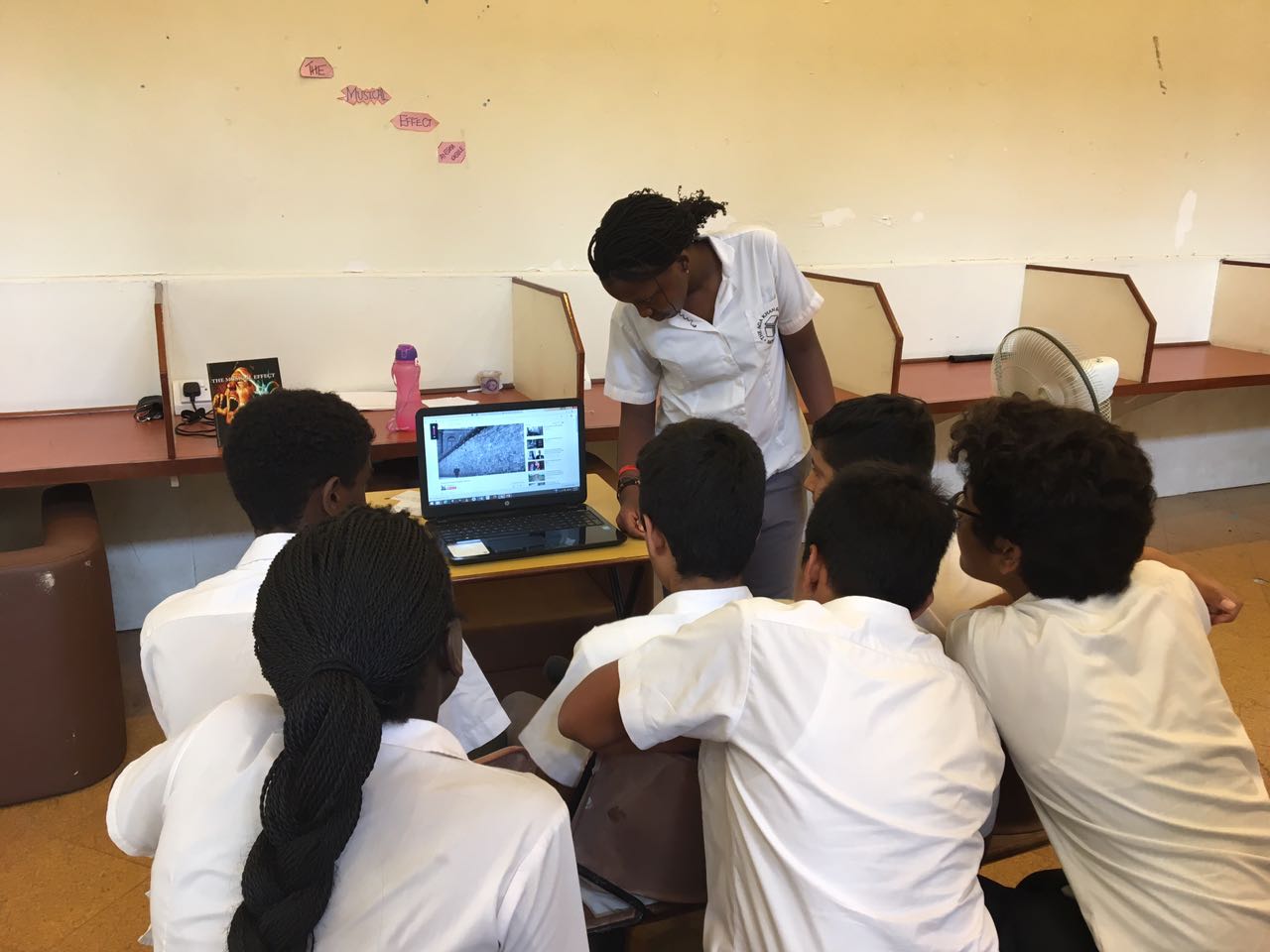Aga Khan Academy Mombasa students showcase projects to address key challenges in Kenya

The Aga Khan Academy Mombasa last week held an exhibition to showcase some of the innovate projects by their students. The Annual Personal Projects Exhibition of the Academy’s Year 10 students was a culmination of intensive year-long projects. Under this projects, the students identify areas of need, backed up by intensive research which is then developed into a viable product or outcome.
The projects are also part of the school’s curricular programme aimed at creating outstanding young entrepreneurs, scientists and future leaders.
This year’s exhibition featured about 80 innovative projects, with Shashank Arvindan presenting a model for a solar-powered airport for Mombasa, Suleiman Mwachizi unveiling an electrostatic precipitator to control air pollution and Telvin Kameta showcasing a bump detector gadget that aims to reduce road accidents
These projects are particularly relevant considering the issues affecting Kenya like the heavy cost of electricity, elevated pollution levels and an exceptionally high record of road deaths, with 3,057 people killed in road crashes in the country in 2015.
Other projects showcased included an an app for diabetics to an initiative for a rewarding and enjoyable home for elderly people with limited mobility to cosmetics developed from local wild plants.
Read: Aga Khan Academy adopts a computerized electronic examination system to curb cheating
The students’ skills in identifying potential areas for innovation and constructing viable solutions is borne of the inquiry-based approach taken at AKA Mombasa, which is one of the key features of the globally recognised International Baccalaureate curriculum.
“Through the Personal Project, students are able to take principled action that would include solving real life problems, which affect their immediate and even extended community. The completion of the Personal Project is helpful to the students at the Academy as it helps them to develop the attributes of the IB learner profile, which includes being caring, inquisitive and knowledgeable. It is an opportunity for them to demonstrate crucial skills emphasized in the Middle Years Programme – social skills, self-management, and research. It also fosters the development of independent, lifelong learners,” Esther Nondi, Middle Years Programme (MYP) Coordinator at the Academy said.
Many of the challenges addressed by the Personal Project require the application of science, technology, and social innovation skills, which are considered central to the achievement of Kenya’s Vision 2030 and Africa’s Development Agenda. Yet skills in these areas remain scarce in Kenya with the 2015 Innovation Index ranking Kenya at position 92 out of 141 countries.
The Aga Khan Academy says it strives to create young leaders who are passionate about creating positive change in their communities using their knowledge and unique skillset. The aim is to equip them to deal with 21st-century challenges, utilizing critical thinking and innovative means to resolve some of the toughest challenges faced by communities across the region.

